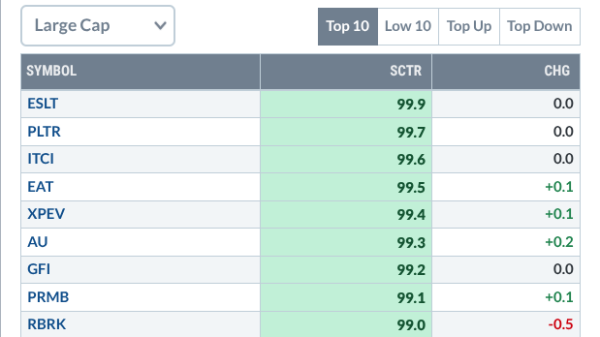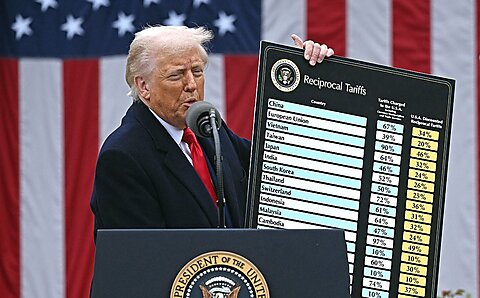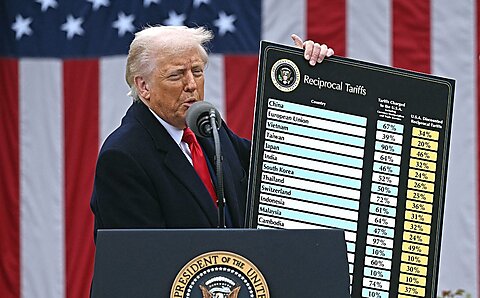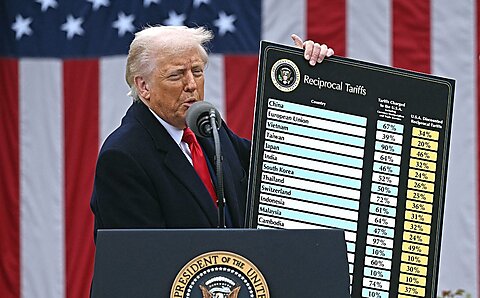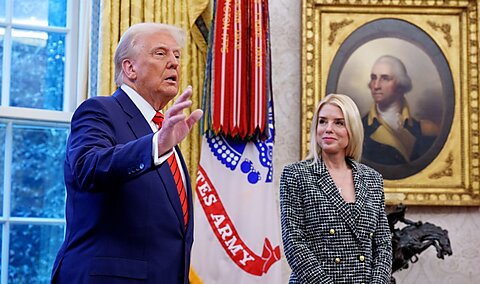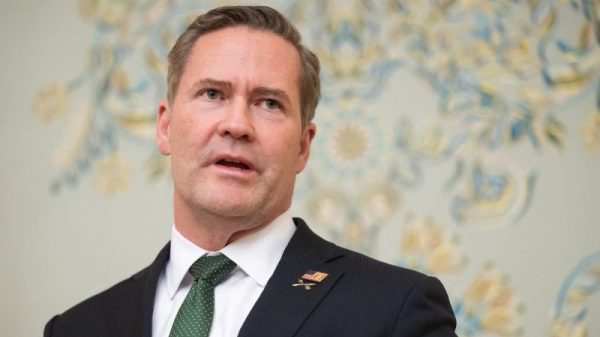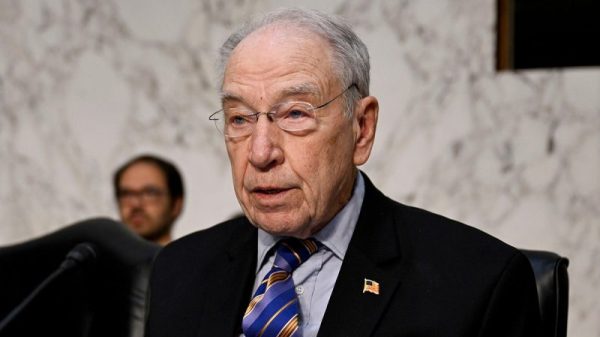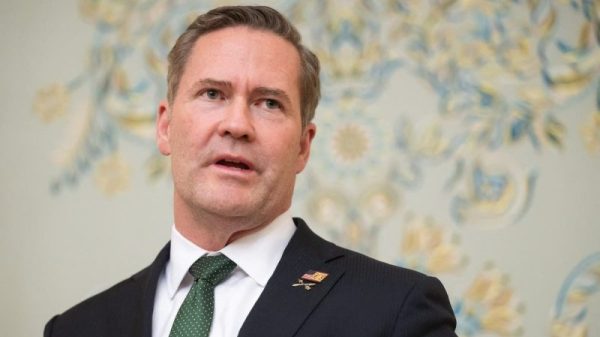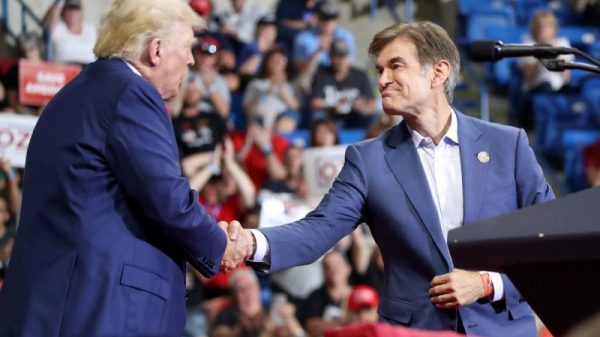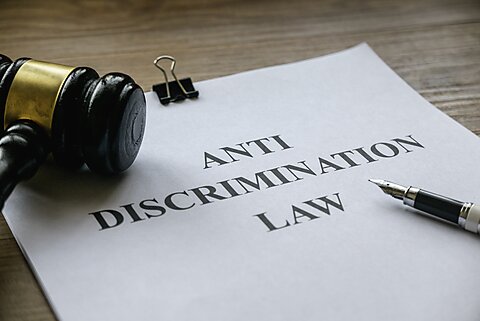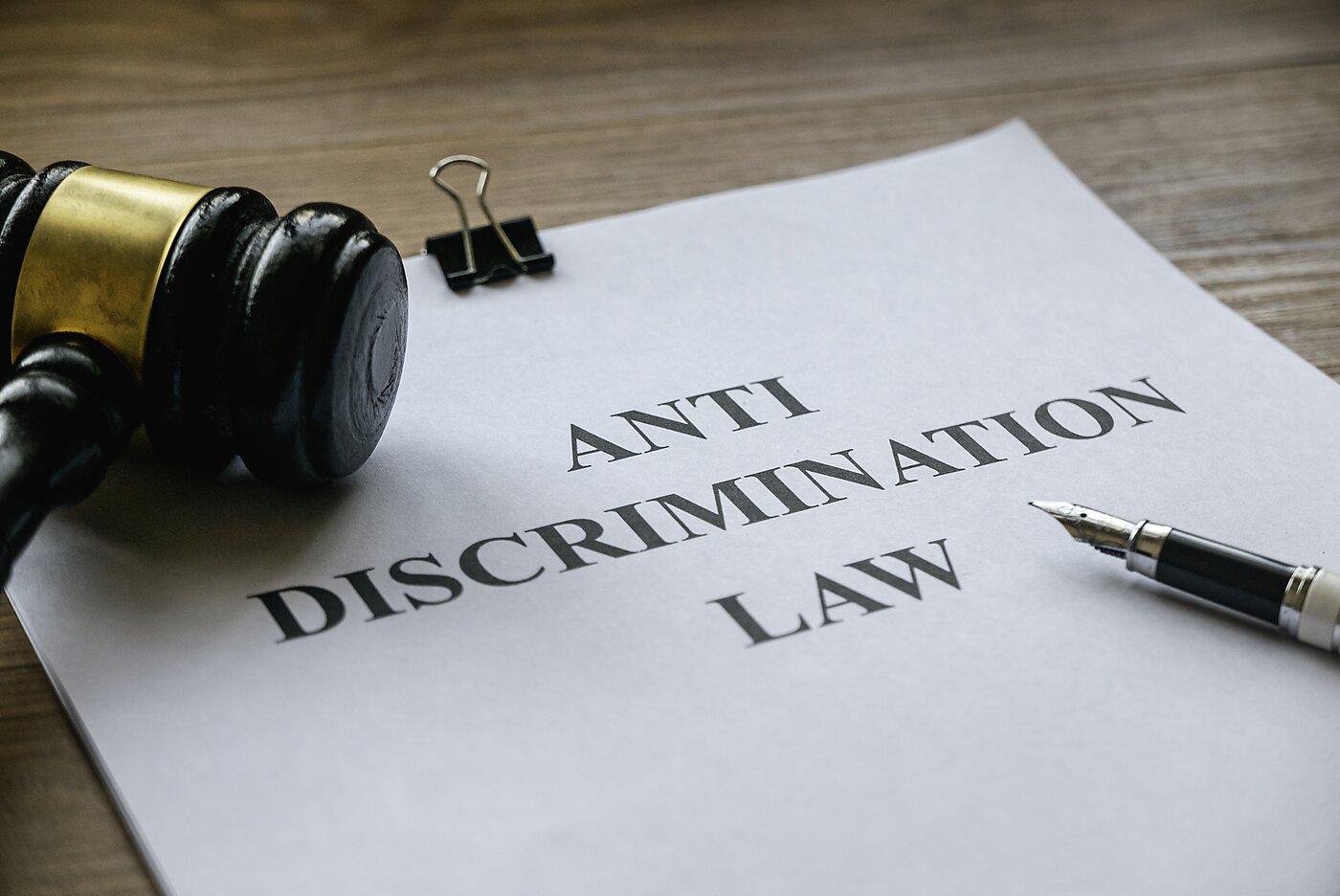
On January 21, President Trump issued an executive order that will transform federal anti-discrimination law. It revokes Executive Order 11246, which since 1965 has attached affirmative action and other obligations to federal contracting. Every Republican administration has known that the massive federal contract compliance regulatory scheme that has resulted could be revoked almost entirely with a stroke of a pen, but none has done so till now.
That would be momentous news all by itself. But there’s much more.
The order makes implicit and systematic what was already expected, which is that the second Trump administration will direct vigorous enforcement efforts at companies, universities, bar associations, and the like that sort by race, discriminate in supposedly positive ways, or apply certain types of pressures to employees in the name of diversity. The order directs agencies to identify targets for investigation to include private companies, nonprofits and associations, larger foundations, and colleges with endowments of more than $1 billion.
In other words, don’t expect laissez-faire; much of this scheme envisions keeping continued centralized power in the hands of the federal government, just applying it toward different goals than before. It heavily implies that private DEI efforts, whether or not related to government contracting, violate civil rights laws. It is the courts, however, that will have the say on that, presumably following a barrage of enforcement action from Washington. The feds will also send marching orders to institutions of higher education on how to implement the Supreme Court’s Students for Fair Admissions decision.
Even as EO 11246 vanishes, another part of the order provides that compliance with discrimination law is material in whether federal contractors get paid, giving Washington a strong weapon against contractors that might deviate from its approach. That said, it’s undeniable that the new approach to contractors exemplifies a shift toward what should be the primary goal of procurement: getting the optimal combination of product quality, price, and speed for the agencies involved and for the taxpayers.
While advocates of liberty will applaud much of what is in this order, it will also be used to go after voluntary efforts by private companies, colleges, or professional groups that make distinctions by sex or other categories, even ones that I and others might find innocuous or praiseworthy. (Are efforts to keep men from dropping out of school teaching now going to be ruled improper sex discrimination?) One might argue that our quarrel is with the sweep of current federal antidiscrimination law itself.
Overall, the move underscores the case for Congress to act to roll back or clarify the prohibitions in various anti-discrimination laws, a task the courts should not be asked to accomplish alone with or without the use of constitutional law.
Many other questions about implementation remain to be answered. We can be sure that with the administration eager to ban diversity, equity, and inclusion programs (DEI) as such, new concepts and programs will quickly come along intended to accomplish at least some of the same aims while remaining in compliance (the compliance function itself, of course, has been central to the growth of DEI). I don’t see definitions in the order, and it will prove inherently difficult to draw some of the relevant lines.
Note also Sec. 7 (b), which says, “This order does not prevent State or local governments, Federal contractors, or Federally-funded State and local educational agencies or institutions of higher education from engaging in First Amendment-protected speech.” Perhaps this is reassurance on a point that courts would have insisted on anyway. But you could also see it as a warning to the administration’s enforcers not to pursue the order into areas where it would clash with speech rights, as has already been known to happen with state anti-DEI efforts.
Separately, the Trump administration’s Office of Personnel Management ordered that federal agencies close their DEI offices and place federal diversity, equity, and inclusion employees on leave no later than today (January 22), with termination in prospect. According to the Washington Post, “agency heads must ask employees ‘if they know of any efforts to disguise these programs by using coded or imprecise language,’ ” in the words of the memorandum.





